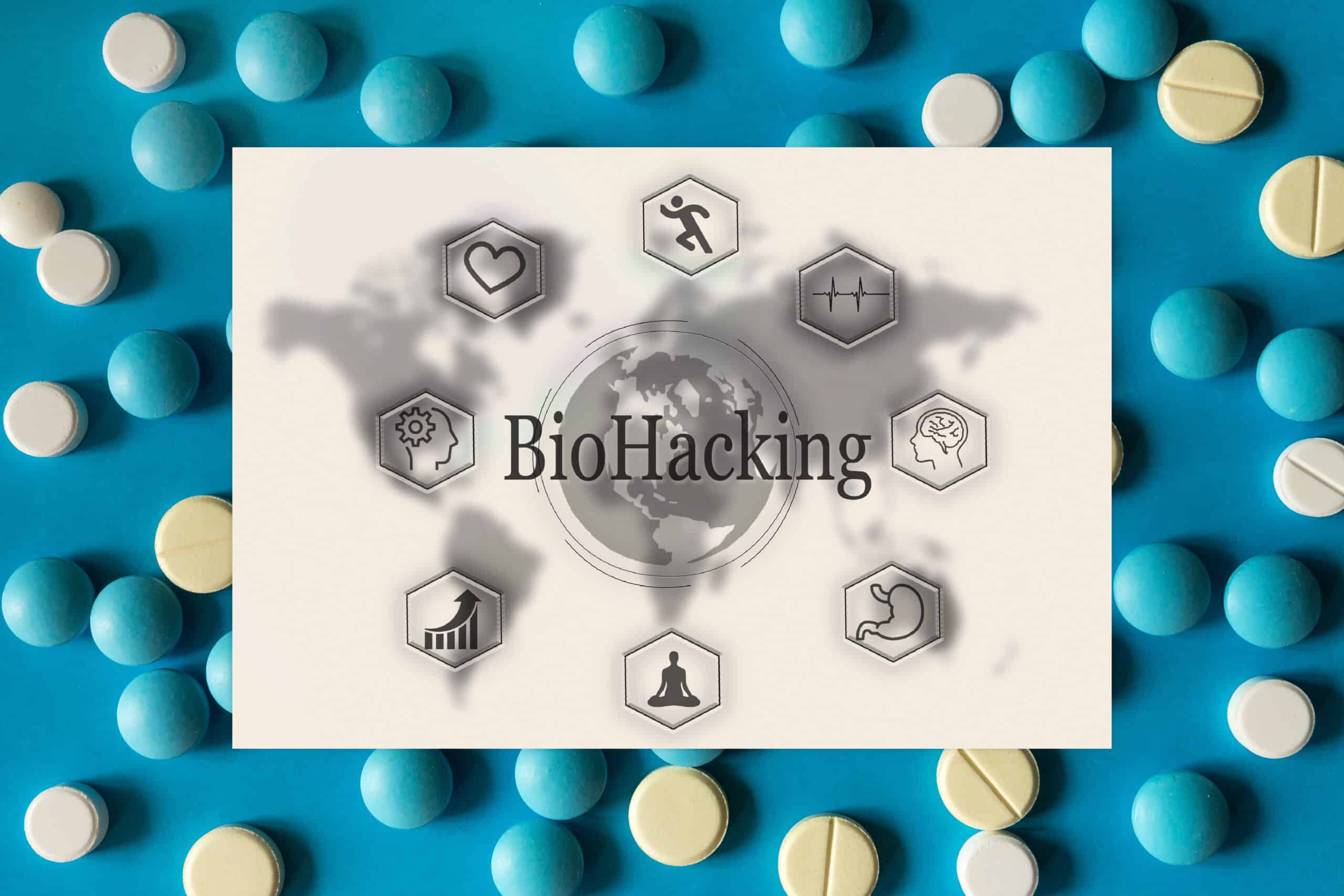One of these people is Alexei Rautkin who recently had a chip inserted into his hand so that he will be able to open his office door without a swipe card. “It’s something I decided a long time ago. Mainly because it’s convenient but there’s also a kind of exclusivity, because practically no one else has this.”
A growing number of Russians are interested in biohacking, and are seeking to make upgrades to their bodies with experimental technology and other DIY health fixes that can be traced back to Silicon Valley. From some this may mean implanting chips under their skin, for others the quest is to live longer through intensive monitoring of their bodies, or taking numerous quantities of supplements, and even extreme exercises.
It is not known as to how many biohackers there are in Russia, but the movement is spreading quickly with many various social media forums, conferences, and businesses appearing rapidly that are all geared to cater to the would be biohacker’s needs.
Vladislav Zaitsev is another young biohacker who is a programmer that gained national attention by taking the chip out of a Moscow Metropass to dissolve in acetone to encase in silicone and then insert it into the back of his hand. Later he reprogrammed it with his bank card details, which the bank closed. Although the disk is now defunct it can still be seen, about the size of a penny.
Zaitsev also has magnets in his fingertips that he uses for party tricks, and he says the movement is about using technology to facilitate tasks. He estimates that about 1,000 Russians are chipped with some type of technology such as work passes, magnets, or compass implants that vibrate when pointed true north. “In biohacking, I like things that give a real, confirmed effect, for example putting in chips,” he says. “I like the idea of expanding the capabilities of the human body.”
Globally implanted microchips are beginning to be used to start cars, use smartphones, access computers/printers, monitor body temperature, store medical information, and as business cards. Professional magicians are even using them to enhance their tricks. Some chips are approved for human use, but not all.
There are some concerns over the potential of surveillance and biohacking, but it is suggested that unlike smartphones and computers these chips do not transmit the user’s location. Other biohackers have no time for chipping and explore other avenues for biohacking.
According to entrepreneur Stanislav Skakun biohacking is about extending life for as long as possible up to thousands of years in an idea that is better known as transhumanism. Many like Skakun say they have yet to see any chip that can be useful towards prolonged life and don’t see the point of it, but that point just hasn’t been developed yet.
Skakun attends a private clinic on a regular basis to fill test tubes with his blood for analysis as part of his exhaustive routine to measure hundreds of biomarkers along with taking handfuls of vitamins/minerals and supplements every day such as iodine, magnesium, Vitamin D, and prebiotics. In addition to the genetic tests to identify his personal risk facts in order to try and compensate for them he also tests for inflammation, cholesterol, glucose, bone density, cortisol, and the efficiency of his immune system.
According to Skakun, “in the last five years, my biological age hasn’t changed at all. If we conquer cancer, Alzheimer’s and cardiovascular disease, we’ll prevent practically all the reasons we die,” he said. Skakum hopes that he is able to live long enough to see and benefit from advances in science that will extend life massively.
The ideas of people such as Skakun are espoused by international proponents of transhumanism such as gerontologist Aubrey de Grey who believes that humans will be able to extend their lifespans so that we will only die from violence or accidents.
There have been some breakthroughs in gene therapy which has been brought about by the advent of molecular scissors gene editing technology called Crispr. However, the US FDA has expressed serious concerns about the safety risks involved in DIY kits for the public to self administer and experiment with gene therapies.
According to Kiran Musunuru who is a genetic professor at the University of Pennsylvania, the Crispr scissors can often cut next to the target gene to cause unexpected mutations. “It’s very easy to do if you don’t care about the consequences,” Musunuru added.
Some say that the tools for public/private regulators to manage biohacking’s health risks are already largely available, however, they must be used better.
According to Russian Biologist Maxim Skulachev of Moscow State University biohackers are correct in thinking that aging may be programmed into our gene and it can theoretically be blocked. “We think ageing was somehow introduced in our genome as a programme,” he said.“For us the only way to fight ageing is to somehow break this programme — hack it.”
By successfully “hacking it” this could end age related conditions and cancer, as well as lead to living to the age of 100 becoming a new norm. Skulachev suggests that even then the super elderly would develop other health issues that would limit their lifespans that have not yet manifested themselves.
Skulachev suggests that biohackers are “running too fast”, and “At the moment there is no technology to break this programme and from this point of view… biohackers are engaged in wishful thinking.”
Hackers believe in making constant tweaks to the body’s system through it’s inputs/outputs because they believe it can lead to immediate and measurable changes, to do this they don’t always wait around for peer reviewed and approved therapies and approaches. Biohacking is a global movement but it appears to be an especially big movement in Russia. Biobanks are emerging for clients to run tests and store information, biohacking gyms, biohacking laboratories, and social groups full of enthusiasm for the movement and the future.




